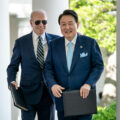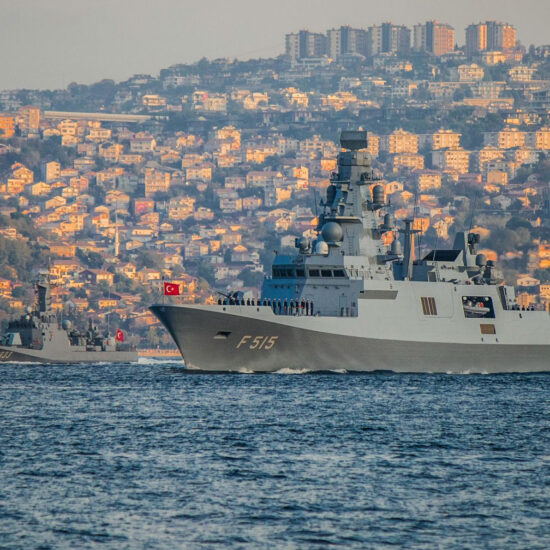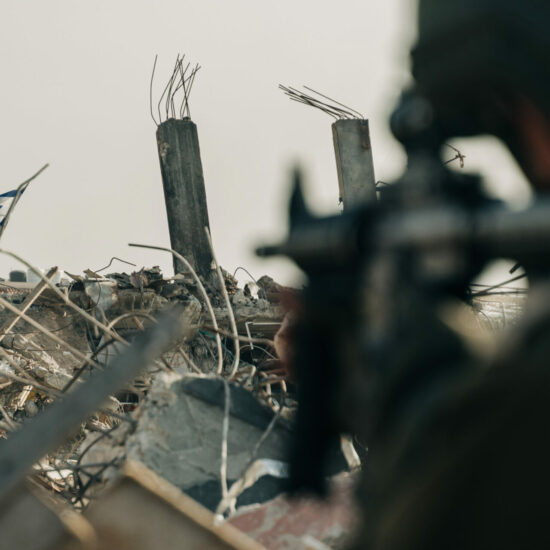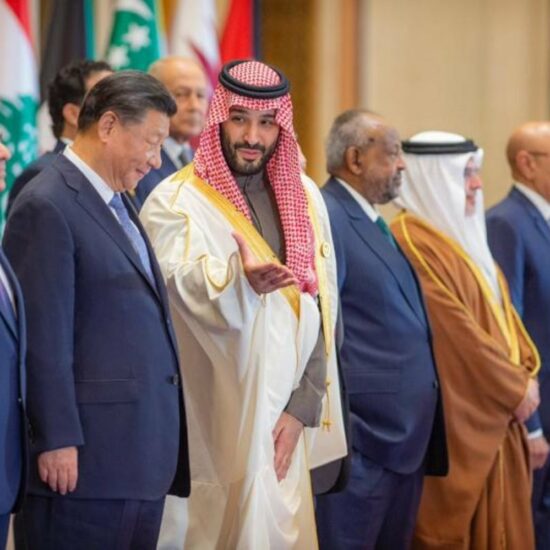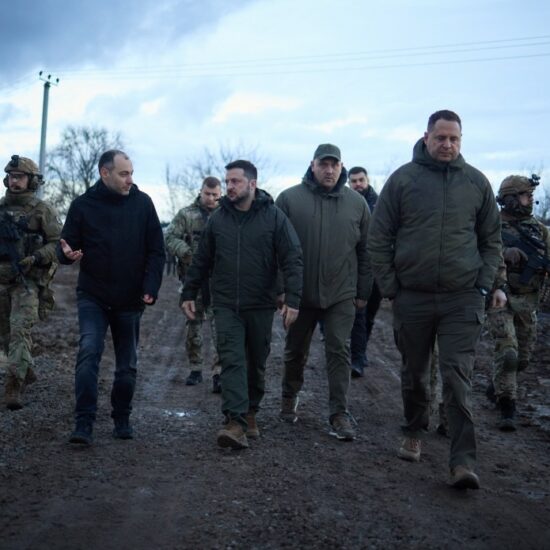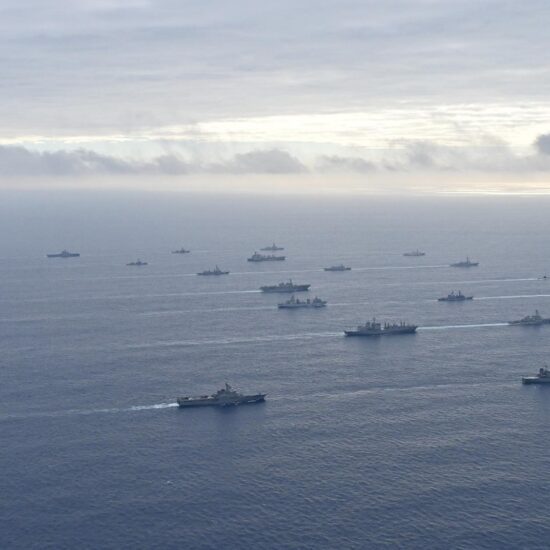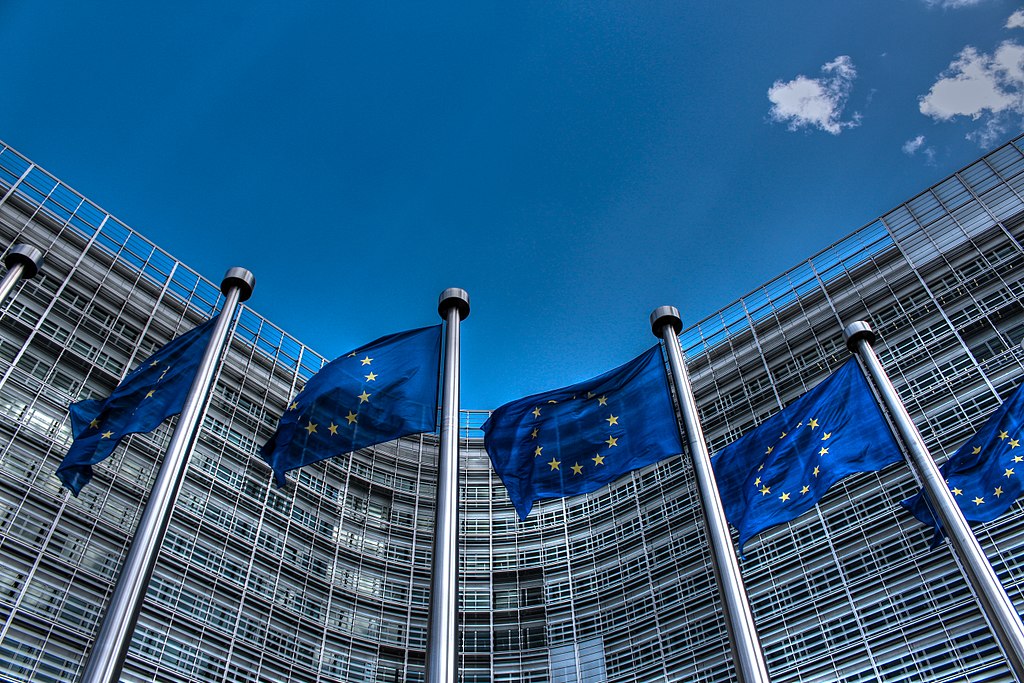
By Mohsen Tavakol
The idea of creating a European Union (EU) emerged after the Second World War when much of the continent was devastated as a result. In great need of assistance to recover, the United States introduced the Marshall Plan in late 1948 and took an active and positive role in rebuilding the economies of Western Europe, entrenching its economic and political influence for decades to come.
Since the recovery, Europeans constantly sought to strengthen their collective economic independence, a desire that particularly intensified during the Cold War. However, achieving economic sovereignty only became a priority after the formation of the EU in 1993. There are some members like France that believe the only path for the EU to become politically and economically independent is to further invest in its collective economic strength that could act as a shield against the economic and political influence of great powers. It is no secret that the US along with China and Russia have not kept their political agendas separate from the global economy. The US, in particular, has missed no opportunity to use the dominant role of its currency to impose its foreign policy choices on others including long-standing allies.
This has been especially evident with President Trump’s unilateral withdrawal from the internationally supported Iran Nuclear Deal. Despite the full support of the European Union and the fact that SWIFT – the global financial messaging system for international transactions – is a European system governed under Belgian law, the US has forced SWIFT to halt working with Iranian financial institutions. Moreover, the US has also threatened European financial institutions as well as businesses with legal and financial penalties if they engage in business with Iran as it is technically a violation of US secondary sanctions.
The Russians and Chinese have launched their own initiatives to circumvent these sanctions and defy the American control over international financial transaction mechanisms. Moscow has named its new financial mechanism, System for Transfer of Financial Messages (SPFS) while Beijing calls its own, Cross-Border Interbank Payment System (CIPS). This is the first time that these countries are making an attempt to connect their national financial institutions to these new independent networks. If implemented effectively and securely, SPFS and CIPS would run in parallel with the SWIFT, permitting the connected banks and businesses to choose among three international financial transactions solutions.
In the same vein, the EU has taken the primary steps to thwart the economic and political pressure of the US over the SWIFT system. In August 2018, Heiko Maas, Germany’s foreign minister, called for the EU to create payment channels that are independent of the US, reinforcing Europe’s autonomy and sovereignty in trade, economic and political relations with other countries.
The EU, in response to US secondary sanctions, has created a special purpose vehicle called INSTEX (Instrument for Supporting Trade Exchanges) to enable financial transactions mainly by relying on a barter system that nets out exports and imports between Iran and the EU. However, this mechanism has yet to go into full operation.
A more serious attempt by the E-3 (Britain, France and Germany) and the EU to free Europe’s economic and financial policies from US dominance should entail establishing an inter-European financial system that first connects EU banks serving EU governments and the EU private sector, and then – as the second step – extends to non-European financial institutions.
The EU can learn from Russia’s SPFS and China’s CIPS. Given the European’s well-functioning financial systems and networks, it should not be an impractical and technologically challenging task to create an independent inter-European transaction system that could later be gradually expanded to other continents.
Eventually, Russia’s SPFS and China’s CIPS could integrate. An independent and proprietary financial transaction system operated by the EU — let’s call it European Union’s International Financial System (EUIFS) – integrated with SPFS and CIPS would revolutionize the global financial landscape. Undoubtedly, this would break the American stronghold in the global financial system and transform the monopolized SWIFT into a subsystem of a much larger and diverse international financial transaction mechanism.
For decades after World War II, Europe and other allied countries like Canada greatly benefited from the US support and protection. However, in more recent times, Europe and the US have often diverged on a range of issues from trade and climate change to immigration and foreign relations. President Trump’s zero-sum based foreign policy proved the EU to be quite vulnerable against the US, which underlines the importance of having a serious dialogue about safeguarding and strengthening of liberal values in a new global order.
Mohsen Tavakol is a senior non-resident fellow at the Atlantic Council as well as an international business executive within telecommunications and IT industry. Among several international Managing Director positions within Ericsson where he served for 23 years, Mohsen also served as the CEO for Ericsson operations in Iran during 2014-2016 where his duties included business development, marketing and sales, customer relationship management, and delivery of related products and services with an annual sales of ~ €400 million. He has also advised on and contributed to foreign investments and trade engagements in Iran since 2017. Follow him on Twitter @Mohsen_Tavakol

